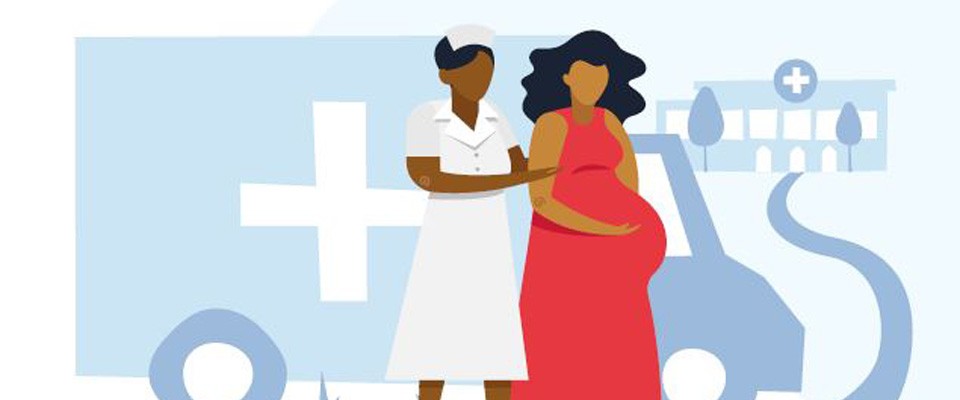Experts seek implementation of self-care guidelines for sexual, maternal health
Experts have called on government and other stakeholders to ensure the effective implementation of the National Guidelines on Self-Care for Sexual Reproductive and Maternal Health. They made the call during an orientation exercise on the guidelines for the media in Abuja. They said implementation of the guidelines would help boost access to sexual and maternal […]

Maternal Health
Experts have called on government and other stakeholders to ensure the effective implementation of the National Guidelines on Self-Care for Sexual Reproductive and Maternal Health.
They made the call during an orientation exercise on the guidelines for the media in Abuja.
They said implementation of the guidelines would help boost access to sexual and maternal health in the country.
Self-care is the ability of individuals, families and communities to prevent illness, promote health, maintain health and cope with ill health and disability with or without the support of a health wellness provider.
FG to launch $617.7m investments in digital, creative enterprises
Privatise Kaduna, Port Harcourt, Warri refineries, Niger senator urges FG
The Country Director, Pathfinder International, Dr Amina Dorayi, who was represented by Dr Sakina Bello, Senior Programme Advisor, Reproductive Health and Family Planning, said the guidelines for self-care for sexual and reproductive health align with the vision for Universal Health Coverage (UHC), and would lessen the burden on the health system.
She said self-care is different from self-medication, adding that for the former, experts have agreed and recommended the services that people could do by themselves.
She enjoined the media to sensitise the public about the guidelines and also pass the right information to the beneficiaries.
She said some key contents of the guidelines are contraception and family planning, self-testing for malaria, HIV and HPV self-testing (to screen for cervical cancer).
“So instead of a woman going to the hospital for a pap smear test, there’s a pack that she can use to screen herself,” she added.
The Technical Officer, WHO Reproductive Maternal Newborn Child Adolescent and Elderly Health (RMNCAEH), Dr Femi James, said there is a need for an enabling environment for self-care to ensure that interventions reach the users with all the necessary checks and balances.
He said, “There have to be checks and balances so that people will not begin to have complications from self-medication. There has to be a good linkage between the health system and the communities.”
The head, VVF branch, Reproductive Health Division, Department of Family Health, Federal Ministry of Health, Mrs Remi Bajomo, said self-care has a lot of benefits for the health system such as reducing the workload on healthcare workers and pressure on health facilities as well as increasing access to health services in a safe and private space leveraging innovations and digital platforms to access or deliver safe and appropriate health care services.
